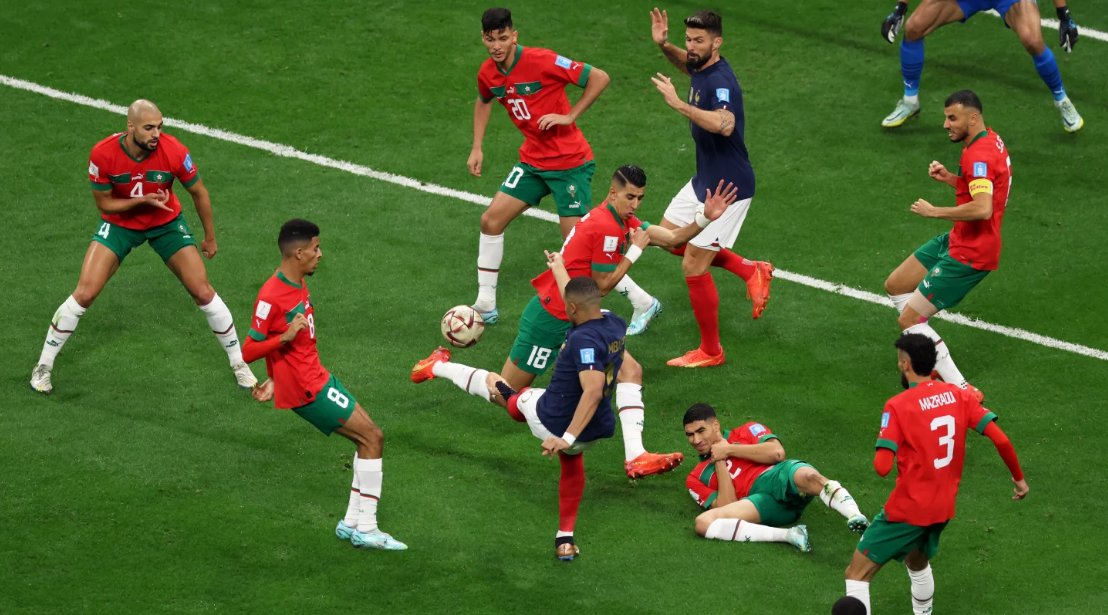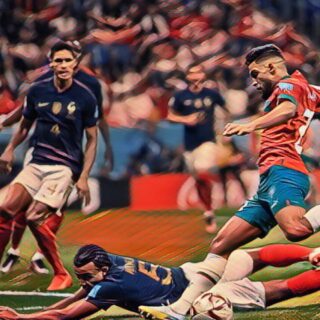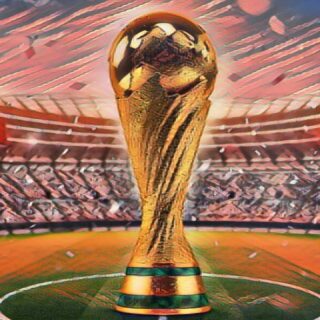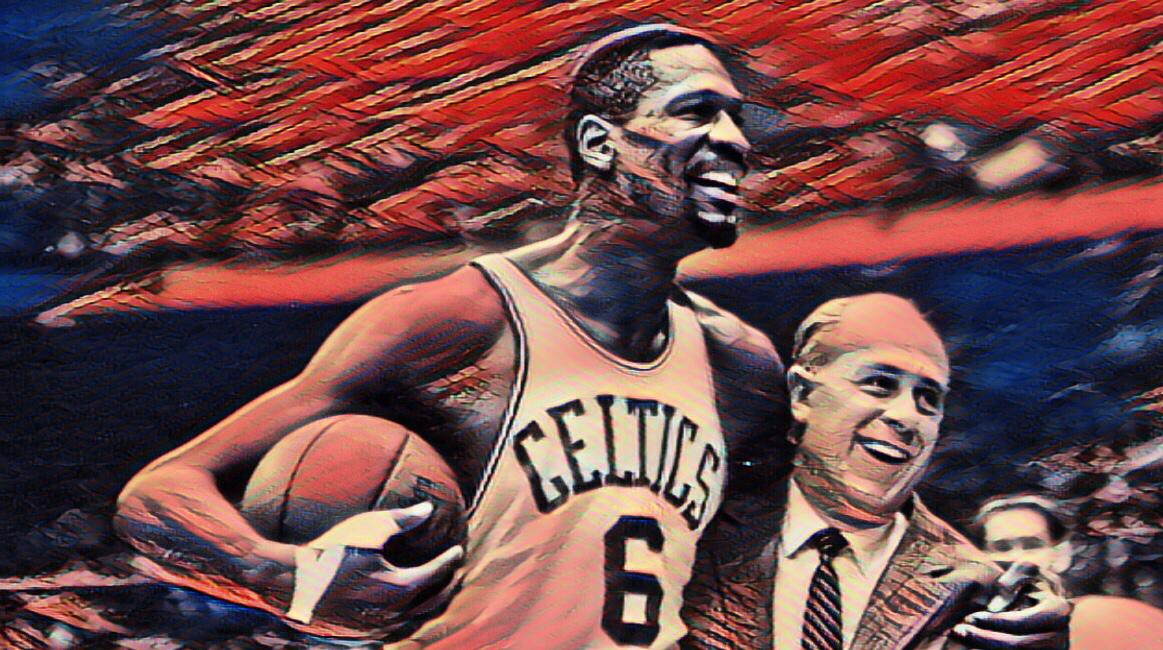At the end of the 1890s, like many imperialist nations, Spain and France had their eyes set on colonizing Morocco. For both countries, this meant more power and influence. Their main motivations were trade opportunities, access to natural resources, spreading Christianity, and promoting Western civilization. As a result, northern Morocco fell under Spanish control, while the French took over the majority, controlling about nine-tenths of Morocco.
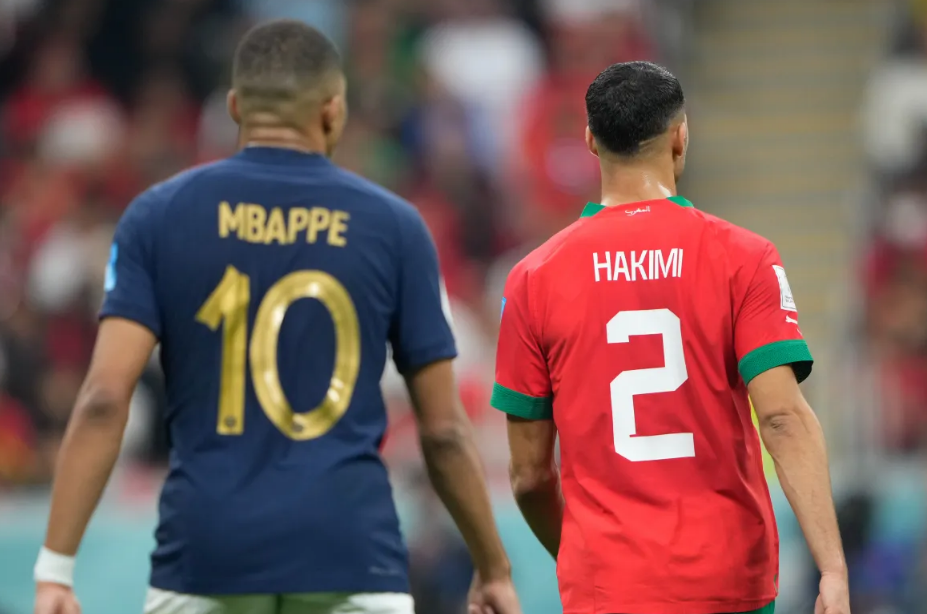
France's Advance
France had already established control over Algeria and Tunisia, and Morocco was next on their list. Gradually advancing into Moroccan territory, France made its presence felt. By 1912, the Treaty of Fez was signed between France and Sultan Abdul Hafiz of Morocco, officially bringing Morocco under French control. France then spent the following years establishing a colony, recruiting around 40,000 Moroccan soldiers to fight in their colonial army during World War I. Anti-colonial sentiment grew, especially during World War II, leading to many former European colonies gaining independence.
In 1944, the newly formed Istiqlal Party issued a declaration of independence for Morocco. However, the political and nonviolent efforts of the late 1940s and early 1950s proved futile. By 1952, anti-colonial uprisings erupted, particularly in the urban and industrial center of Casablanca. The independence struggle became increasingly violent with massacres, bombings, and uprisings. French authorities declared the Istiqlal and Communist parties illegal and exiled Sultan Mohammed V to Madagascar.
France’s brutal attempts to quell the uprising only fueled the resistance. Eventually, France conceded, allowing Mohammed V to return to Morocco. On November 18, 1955, the Sultan declared Morocco’s independence. The French protectorate officially ended with the French-Moroccan Agreement signed on March 2, 1956, in Paris. By April 7 of the same year, France formally relinquished its protectorate over Morocco. The end of the Spanish protectorate and Spain’s recognition of Moroccan independence were negotiated separately. After gaining independence, Morocco pursued policies to distance itself from French influence, establishing good relations with other diplomatic and economic partners while gradually improving ties with France. Though their relationship has seen ups and downs, efforts were always made to maintain good terms—until recently.
Under the leadership of President Emmanuel Macron, France imposed visa restrictions. According to the French National Institute of Statistics and Economic Studies, over 780,000 people of Moroccan origin live in France. The visa restrictions made it difficult for them to visit their relatives in Morocco.
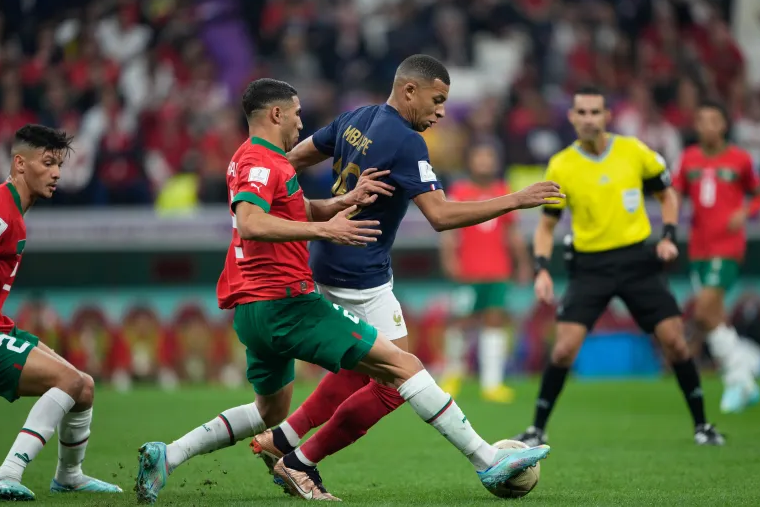
Twist of Fate
Amidst this controversial backdrop, the 2022 FIFA World Cup brought the French and Moroccan national teams face-to-face in the semi-finals. Given their historical ties and current political tensions, this pre-final clash garnered significant attention. France, the reigning champions, faced Morocco, the tournament’s surprise package. Both teams fought for a spot in the final in one of the most anticipated matches of the tournament.
Morocco, under coach Hoalid Regragui, played with incredible defensive prowess. Goalkeeper Bounou, defenders Saiss and Hakimi, midfielders Amrabat and Ounahi, all delivered standout performances. Morocco made history by becoming the first African team to reach the semi-finals of the World Cup. Conceding only one goal up to the semi-finals, they topped a group with Belgium, Croatia, and Canada. They then knocked out Spain in the round of 16 and Portugal, led by Cristiano Ronaldo, in the quarter-finals, securing their place in the semi-finals against France.
Amid the visa restrictions imposed by Macron, his presence in the semi-final stands was anticipated and confirmed. The semi-final clash highlighted the significance of bilateral relations. Macron is expected to visit Rabat in January 2023, but before that, the football teams met in this historic World Cup semi-final. The match’s outcome had the potential to stir events in the French suburbs.
With history as a guide, it was clear the game would be tough. In a hard-fought battle, France defeated Morocco 2-0, ending Morocco’s remarkable run. The game, seen as a twist of fate, reminded many of their shared history and rivalries. After the match, Macron visited the Moroccan locker room, congratulating players like Sofyan Amrabat. France advanced to the final, and Morocco prepared for the third-place match. Morocco faced Croatia for third place but lost 2-1, finishing fourth. Although they didn’t win a medal, Morocco had already made history. France, on the other hand, faced Argentina in the final.
In what many consider the greatest match in World Cup and football history, Argentina defeated France on penalties to win the trophy. The World Cup was lifted by perhaps the most deserving player, Lionel Messi.
